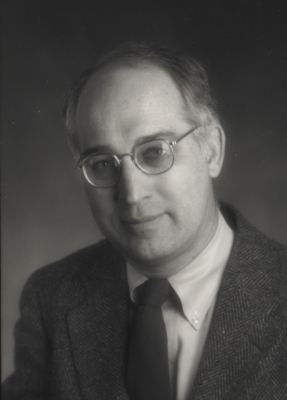 The LaMontagne Center for Infectious Disease is named in celebration of the life and scientific legacy of Dr. John Ring LaMontagne, who helped advance research to fight many of the world’s most devastating diseases: influenza, tuberculosis, malaria, whooping cough, swine flu, childhood diarrhea, pneumonia and AIDS. Through his work at the National Institutes of Health (NIH) and the National Institute of Allergy and Infectious Diseases (NIAID), Dr. LaMontagne championed science that ultimately helped millions of people.
The LaMontagne Center for Infectious Disease is named in celebration of the life and scientific legacy of Dr. John Ring LaMontagne, who helped advance research to fight many of the world’s most devastating diseases: influenza, tuberculosis, malaria, whooping cough, swine flu, childhood diarrhea, pneumonia and AIDS. Through his work at the National Institutes of Health (NIH) and the National Institute of Allergy and Infectious Diseases (NIAID), Dr. LaMontagne championed science that ultimately helped millions of people.
A true hero of public health, Dr. LaMontagne improved lives for people both in the United States and internationally. He made significant contributions to the national and international effort against emerging and re-emerging infectious diseases, including biodefense-related activities. He helped organize the Multilateral Initiative on Malaria, an international effort between the US, Europe, and Africa. Dr. LaMontagne advised vaccination efforts by the World Health Organization and the vaccine research implementation programs of the Pan American Health Organization. He served as a member of the board of the Global Alliance for Tuberculosis Drug Development. The efforts listed here were but a small part of the work that John accomplished during his lifetime and the impacts of his actions will leave a lasting legacy.
Dr. LaMontagne received his bachelor’s and master’s degrees in microbiology at UT Austin in 1965 and 1967 and received his Ph.D. at Tulane University. He joined the National Institutes of Health (NIH) in 1976 as its first Influenza Program Officer at the time of the swine flu crisis. He later became director of the Division of Microbiology and Infectious Diseases in the National Institute of Allergy and Infectious Diseases (NIAID). He was ultimately appointed Deputy Director of NIAID, a position he held until his passing in November 2004. Throughout the years, he remained close to UT Austin by working with faculty through NIAID and by serving as a loyal and generous alumnus. Dr. LaMontagne’s distinguished leadership in the field of infectious diseases earned him international recognition, numerous accolades, and widespread appreciation and admiration from colleagues and the public.

